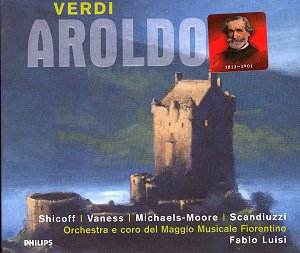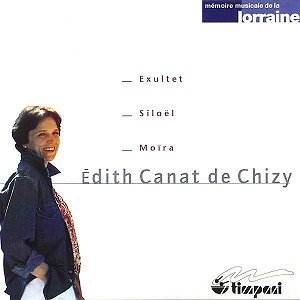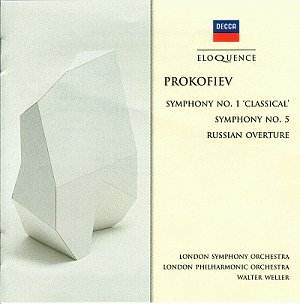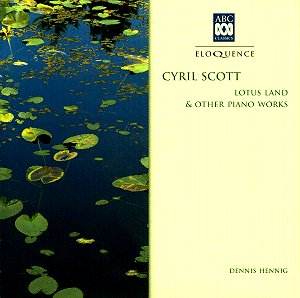 Composer: Giuseppe Verdi
Composer: Giuseppe Verdi
Works: Aroldo
Performers: Neil Shicoff (tenor), Carol Vaness (soprano), Anthony Michaels-Moore (baritone), Roberto Scandiuzzi (bass), Julian Gavin (tenor), Sergio Spina (tenor), Marina Comparato (mezzo-soprano), Orchestra and Chorus of the Maggio Musicale Fiorentino
Recording: 2001
Label: PHILIPS
Verdi’s opera Aroldo, a 1857 reworking of his earlier Stiffelio, emerges as a fascinating study in both artistic resilience and the constraints imposed by contemporary censorship. Set against the backdrop of 12th-century England, the opera grapples with themes of love, betrayal, and redemption, echoing Verdi’s enduring preoccupations. Despite its formulaic structures—characteristic of many operas from this period—the work reveals a wealth of lyrical beauty and dramatic potential. The Overture, which opens this recording, serves as a testament to Verdi’s orchestral prowess, featuring a striking trumpet solo that commands attention and sets the stage for the ensuing drama.
The performance by Fabio Luisi and the Orchestra of the Maggio Musicale Fiorentino is commendable, particularly in their vibrant interpretation of the Overture, where the brass shone brilliantly, and the woodwinds delivered a creamy texture that evokes the lush landscape of Verdi’s musical imagination. This recording benefits from the ensemble’s agility, notably in the lively rhythms that characterize the chorus numbers, a hallmark of Verdi’s style. The engineering captures the ensemble’s clarity and richness, allowing the intricate interplay between sections to emerge without muddiness—an achievement that enhances the listening experience.
Neil Shicoff, in the title role, delivers a compelling performance, though not without some vocal challenges. His tenor, while at times strained, conveys a depth of emotion that is particularly effective in the more intimate moments of the score. The character of Aroldo requires a nuanced portrayal, and Shicoff’s dramatic instincts serve him well, even if his voice has gained weight compared to his earlier interpretations, such as his Duke in Rigoletto. Anthony Michaels-Moore’s portrayal of Egberto is a highlight; his aria “Mina, pensai che un angelo” is both impassioned and technically assured, showcasing a baritone that is resonant and expressive. Carol Vaness, as Mina, showcases her Verdian credentials with her final aria “Non allo sposo,” where her voice, accompanied by a plaintive cor anglais, captures a poignant blend of despair and longing.
The recording is particularly notable for its orchestration, which includes moments of striking originality, such as the hunting horns in the fourth act. These passages, while somewhat whimsical, underscore Verdi’s willingness to explore new sonic terrains, reminiscent of the folk influences that would later permeate his works. The unaccompanied “Ave Maria,” introduced by a village bell, is executed with a purity that highlights the chorus’s vocal cohesion—a meticulousness that reflects both the conductor’s and the performers’ commitment to the score’s demands.
Aroldo, though overshadowed by Verdi’s more celebrated works, is an opera rich with operatic tropes and emotional depth. The recording offers a valuable perspective on a piece that, while perhaps not as frequently performed, contributes significantly to our understanding of Verdi’s evolving style during a tumultuous period in his career. The synthesis of strong performances, adept conducting, and nuanced orchestral playing results in a compelling interpretation that invites listeners to engage with the work on both intellectual and emotional levels. This recording stands as a commendable entry into the Verdi discography, illuminating the complexities and beauties of Aroldo.



